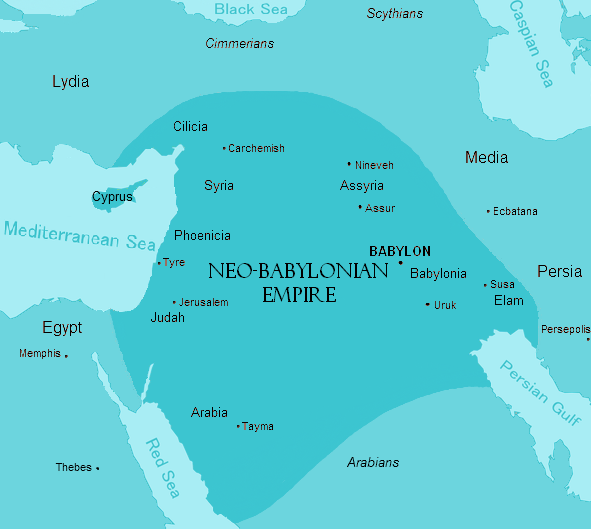Archon_Wing
Vote for me or die
- Joined
- Apr 3, 2005
- Messages
- 5,257
Well, not a fan of heavy handed solutions.
Maintenance:
Cities on your continent cost 1 gold
Cities on continents adjacent to your home continent cost 2 gold
Cities on other continents cost 3 gold
(Spain and England only pay 1, here's a "buff" lulz)
+1 gold for cities that are >50 loyalty
+2 gold for cities that are occupied
You may not upgrade units in cities with >50 loyalty
So it wouldn't really be felt unless you really settled a bunch of useless cities.
Also...
Settler cost escalation reduced to 25% of what it is right now.,
Builder cost escalation reduced to 50% of what it is right now
District era scaling removed entirely, it only scales based on how many of a district you have built.
Maintenance is waved if within 6 tiles of a government plaza, palace, Potala Palace, or Forbidden Palace. This should eliminate issues if your capital spawns in between continents.
And the rest I think i've addressed often, so: https://forums.civfanatics.com/thre...e-lack-production.635964/page-3#post-15209127
Maintenance:
Cities on your continent cost 1 gold
Cities on continents adjacent to your home continent cost 2 gold
Cities on other continents cost 3 gold
(Spain and England only pay 1, here's a "buff" lulz)
+1 gold for cities that are >50 loyalty
+2 gold for cities that are occupied
You may not upgrade units in cities with >50 loyalty
So it wouldn't really be felt unless you really settled a bunch of useless cities.
Also...
Settler cost escalation reduced to 25% of what it is right now.,
Builder cost escalation reduced to 50% of what it is right now
District era scaling removed entirely, it only scales based on how many of a district you have built.
Maintenance is waved if within 6 tiles of a government plaza, palace, Potala Palace, or Forbidden Palace. This should eliminate issues if your capital spawns in between continents.
And the rest I think i've addressed often, so: https://forums.civfanatics.com/thre...e-lack-production.635964/page-3#post-15209127
Last edited:

